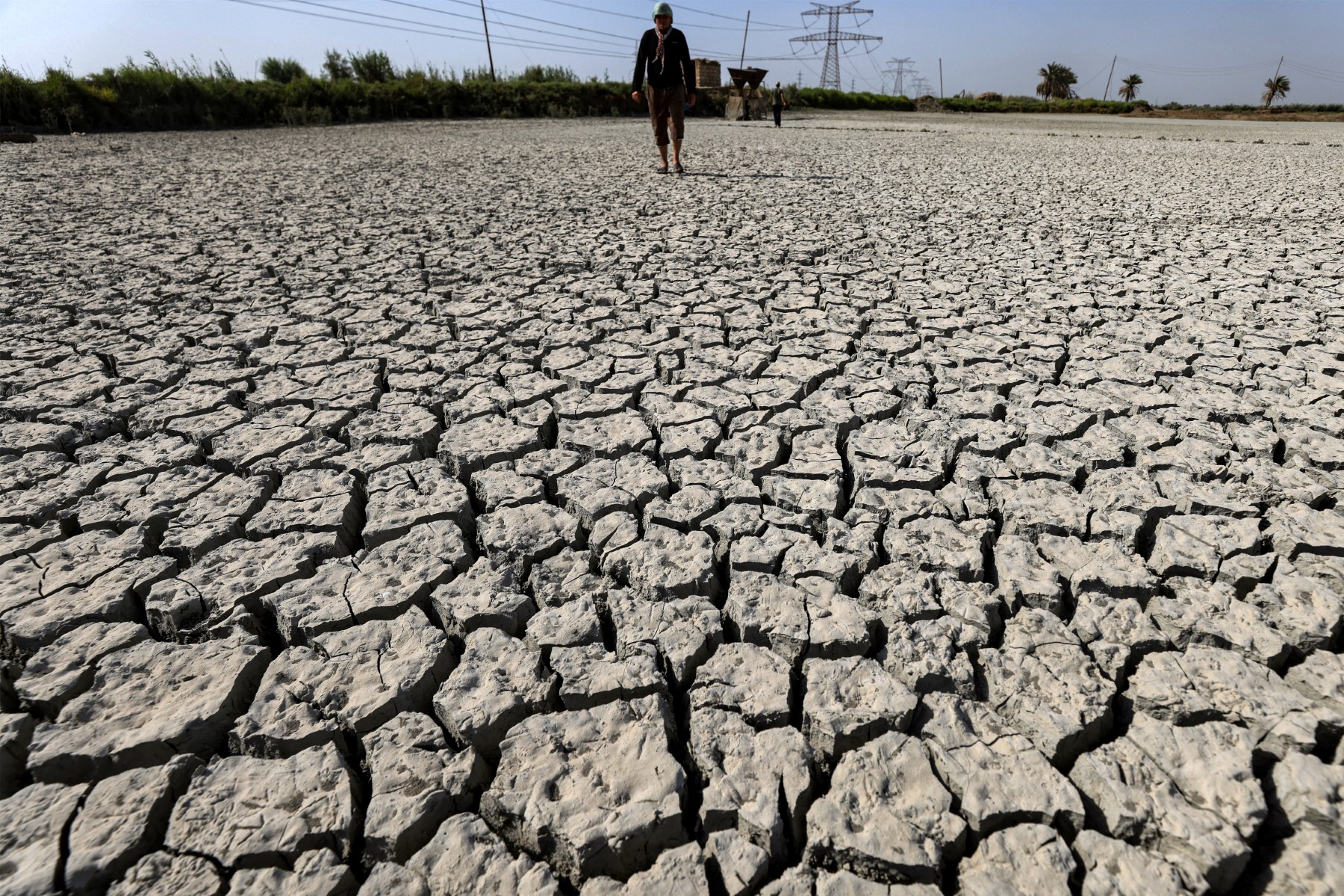Baghdad, Iraq – The water flows from Turkey to Iraq have improved at a rate of 500 m3 per second following the agreement between the two countries, the Minister of Water Resources, Aoun Diab, said on Sunday.
“I met with the Turkish ambassador for an hour and a half, and the meeting was clear and transparent, and we said frankly that we have a vision of what you have of storage and that Turkey can release water for Iraq securely without affecting its projects,” Diab said. during his speech to the Neutral program on Al-Iraqiya News reported by the Iraqi News Agency (INA).
He explained, “Turkey can let flow water from the Ataturk dams on the Euphrates River and Alisu on the Tigris River in quantities that were discussed during the visit of an Iraqi technical delegation to Turkey last June. A plan was supposed to be implemented since the beginning of last July to release at least 370 m3 per second from AIisu Dam towards Mosul Dam and 350 m3 from Ataturk Dam to the Turkish-Syrian border all the way to Iraq, where the Euphrates River is”.
Diab added: “Iraq spoke frankly with Turkey about the direct cause of the lack of releases, despite the availability of sufficient quantities of water within the strategic storage, and Ankara remained slow, then Prime Minister Muhammad Shia’ al-Sudani sent a written message to Turkish President Recep Tayyip Erdogan and a special envoy to discuss the issue clearly with the aim of finding solutions.”
The minister was also assured of the existence of huge water reserves and that there was no need to fear that it would run out, persuading him to announce the suspension of work on the Makhoul Dam.
“The water file in Iraq has become critical, and we are facing difficulties in securing it, but with good management, it is possible to overcome the crisis with minimal damage,” Diab said.
“The crisis affects Iraq from north to south, and is not limited to the cities of the center and south, as the villages of Rabia suffer from scarcity and dried up wells due to lack of rain, forcing their people to dig about 800 meters deep to secure water,” he added.
Iraq’s water reserves are the “lowest” in the country’s history, having reduced to almost half of last year’s amount, a spokesperson for the Iraqi water ministry told Rudaw, a Kurdish media network, last week.
“Current water reserves in Iraq are the lowest in the history of the country, and is 50 percent of last year,” Khaled al-Shamali, spokesman of the Iraqi ministry of water resources told the publication.

